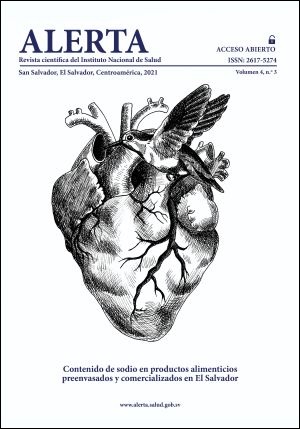Cognitive rehabilitation therapy, quality of life in Parkinson’s disease patients and their caregivers
DOI:
https://doi.org/10.5377/alerta.v4i3.10291Keywords:
Parkinson's disease, cognition, rehabilitation, caregivers, exerciseAbstract
Parkinson’s disease is the second most common, progressive and chronic neurodegenerative pathology that affectspatients and caregivers. It is imperative to describe the quality of life in patients and caregivers after receiving cognitive
rehabilitation therapy. A review article was elaborated through a database search, PubMed, Google Scholar, SciELO, using
original articles, clinical trials, review articles, among others, published in the last five years in both Spanish and English.
Cognitive impairment in patients with Parkinson’s disease prematurely leads to a higher risk of dementia; it alters daily
activities as well as patient-caregiver life. At a more advanced stage of the disease, the patient requires additional support,
worsening their welfare. Rehabilitation therapy intends to improve the quality of life in patients with Parkinson’s disease
and their caretakers. Cognitive rehabilitation therapies based on physical exercise are currently described. As we improve
cognition through physical activities, the subject exhibits more independence to work on their daily duties, which at the
same time diminishes the caregiver overload, strengthening the empathy between them.
Downloads
3044
Downloads
Published
How to Cite
Issue
Section
License
Copyright (c) 2021 Aida Camila Suarez Jiménez, Melissa Esmeralda Moreno Ramírez, Susana María Montoya Romero

This work is licensed under a Creative Commons Attribution 4.0 International License.
Privacy statement:
Alerta articles are published under license Creative Commons 4.0 CC BY: https://creativecommons.org/licenses/by/4.0/
Authorship rights
Revista Alerta gives the authors exclusive control of their work and the right to be acknowledged and cited.





